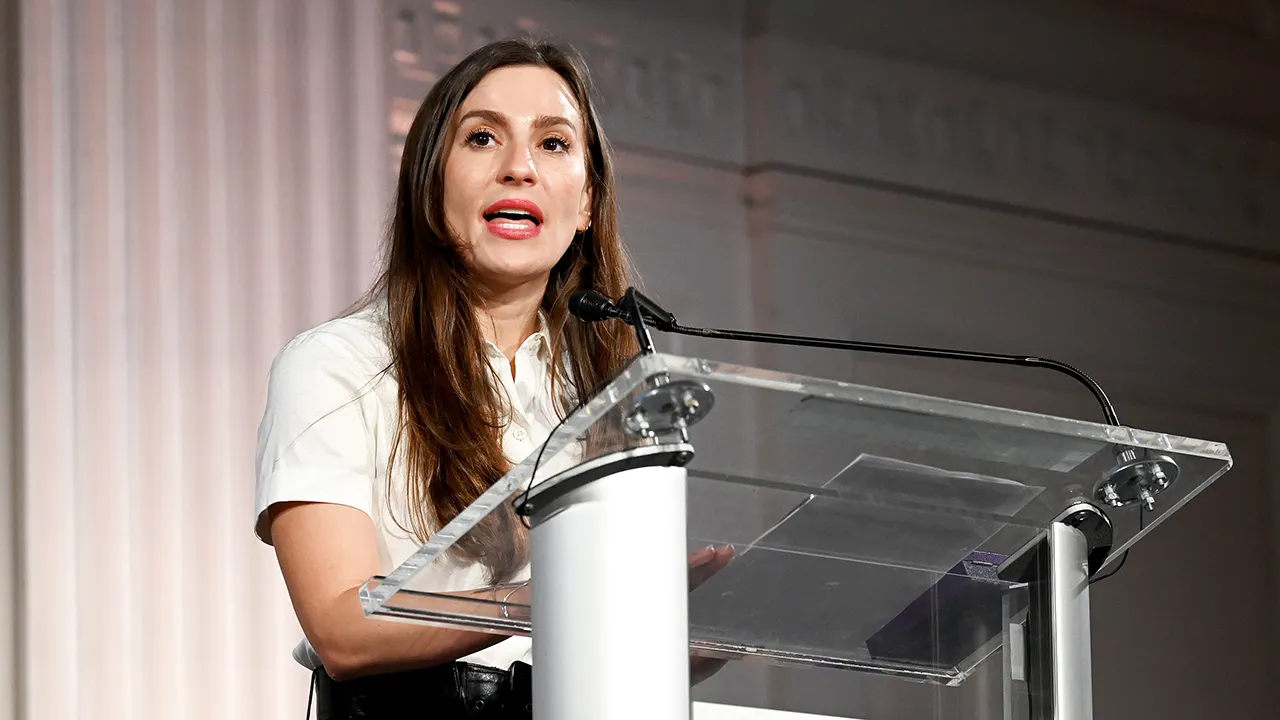The United Nation’s top court filed a ruling Friday that echoed what Palestinian advocates have been saying for decades: Israel’s occupation of Palestinian land, including its settlements in the West Bank, is illegal and must end.
The International Court of Justice’s advisory opinion also called for reparations for Palestinians who have lived under Israel’s occupation since it began in 1967, an unprecedented step for the court. The court also notably declared Israel’s mistreatment of Palestinians to be a form of segregation and apartheid. It further ruled that nations cannot offer aid in support of the illegal occupation without violating international law, and upheld the Palestinians’ right to self-determination.
Advisory opinions from the ICJ are not legally binding and cannot, in itself, force a country to act. But their legal and moral weight can have significant influence on countries’ decisions and foreign policy.
Jessica Peake, an international law professor at UCLA Law, said the ruling has the potential to shift the international community’s ability to push for Palestinian statehood. She added that the ruling exceeded her expectations, specifically around the issue of the Israeli government’s systemic abuses toward Palestinians.
“What was particularly surprising was that they basically made a finding that Israel is creating a situation of apartheid against Palestinians within Israel,” Peake said, “because of the racially discriminatory laws and policies in place that basically treat Palestinians as second-class citizens.”
But some advocates for Palestinians living within the occupied territories are less enthusiastic about the ruling.
“In the West Bank, it’s business as usual.”
Eitay Mack, an Israeli attorney and advocate for Palestinians in the West Bank, said the ruling does little to immediately change the lived reality for Palestinians. While ICJ officials read out their ruling on Friday from the Peace Palace in The Hague, Netherlands, Mack received new reports of Israeli settlers attacking Palestinians in the West Bank.
“The court just said the obvious,” Mack told The Intercept. “In the West Bank, it’s business as usual unless governments have the political will to force both Israelis and Palestinians” into implementing a two-state solution that gives Palestine sovereignty.
Amid the 1967 Arab–Israeli War, Israel began its occupation of the West Bank and Gaza and annexed East Jerusalem. Soon after, Israel began to establish settlements inside the occupied territories, supporting Israeli civilians as they built communities atop land taken from Palestinians. While Israel withdrew its troops and settlements from Gaza in 2005, it continued to promote and expand its settlements in the West Bank. And in recent months, Prime Minister Benjamin Netanyahu’s far-right government has used its war in Gaza as a cover to expand its settlements at a rate faster than previous decades.
The Israeli government immediately dismissed the ICJ ruling, with a defiant Netanyahu calling Jerusalem “our eternal capital” and referred to the West Bank as “the land of our ancestors,” using the biblical names “Judea and Samaria.”
“No false decision in The Hague will distort this historical truth,” he said in a statement, “and likewise the legality of Israeli settlement in all the territories of our homeland cannot be contested.”
B’Tselem, an Israeli-based human rights group, was among a host of organizations that welcomed Friday’s ruling after decades of their own advocacy calling for an end to Israel’s occupation. They said the international community has been avoiding the issue by buying Israel’s claim that its occupation is temporary and that it is engaged in negotiations and diplomacy toward a solution.
“The release of the ICJ’s advisory opinion puts an end to these justifications, and now the international community must use every tool — criminal, diplomatic and economic — to force Israeli decision-makers to end the occupation,” the group said on Friday.
In recent months, more nations have officially recognized Palestine as a state, with Norway, Spain, and Ireland joining 143 other nations in recognition. The ICJ ruling, which declares Israel’s occupation an obstacle to Palestinian statehood, may embolden more nations to follow suit. In April, the U.S. vetoed a measure in the U.N. Security Council, that would have recognized Palestine as a member of the U.N. At the time, the U.S. said Palestinian statehood could only come from direct negotiations between Palestine and Israel. The United States sends billions of dollars of military aid to Israel each year.
Israel made similar arguments in the lead-up to the ICJ decision, stating that the ruling would interfere with ongoing negotiations. Separately, Israel’s Parliament this week also passed a resolution that rejects Palestinian statehood, calling it “an existential danger to the State of Israel and its citizens.” Friday’s ICJ decision, Peake noted, undercuts that notion and upholds Palestine’s right to self-determination.
“The ICJ decision, I think really will give states the legal backing or the legal cover that they need to recognize Palestine,” Peake said, “and insulate them a little bit from some of the political pressure that would come from the United States and Israel.”
Peake acknowledged that the U.N. has made declarations in the past condemning Israeli occupation. But most of those were issued by U.N. bodies that were organized to specifically address Palestine. A separate ICJ advisory opinion, issued in 2004, declared Israel’s 400-mile wall in the West Bank illegal.
But the U.N.’s top court has never before issued such strong language about the occupation with the backing of the majority of U.N. membership.
“I don’t think this is going to change everything tomorrow,” Peake said. “Hopefully what this does do is provide an even stronger set of tools to states and to the international community to try and address some of what is going on in occupied Palestine.”
Update: Friday, July 19, 7:35 p.m. ET
The article was updated to clarify what an ICJ advisory opinion can and cannot do.
















Discussion about this post